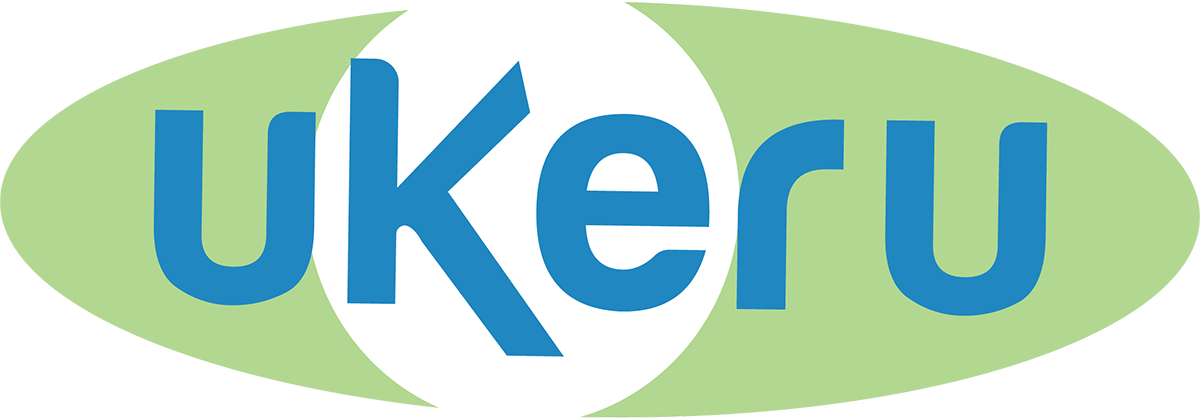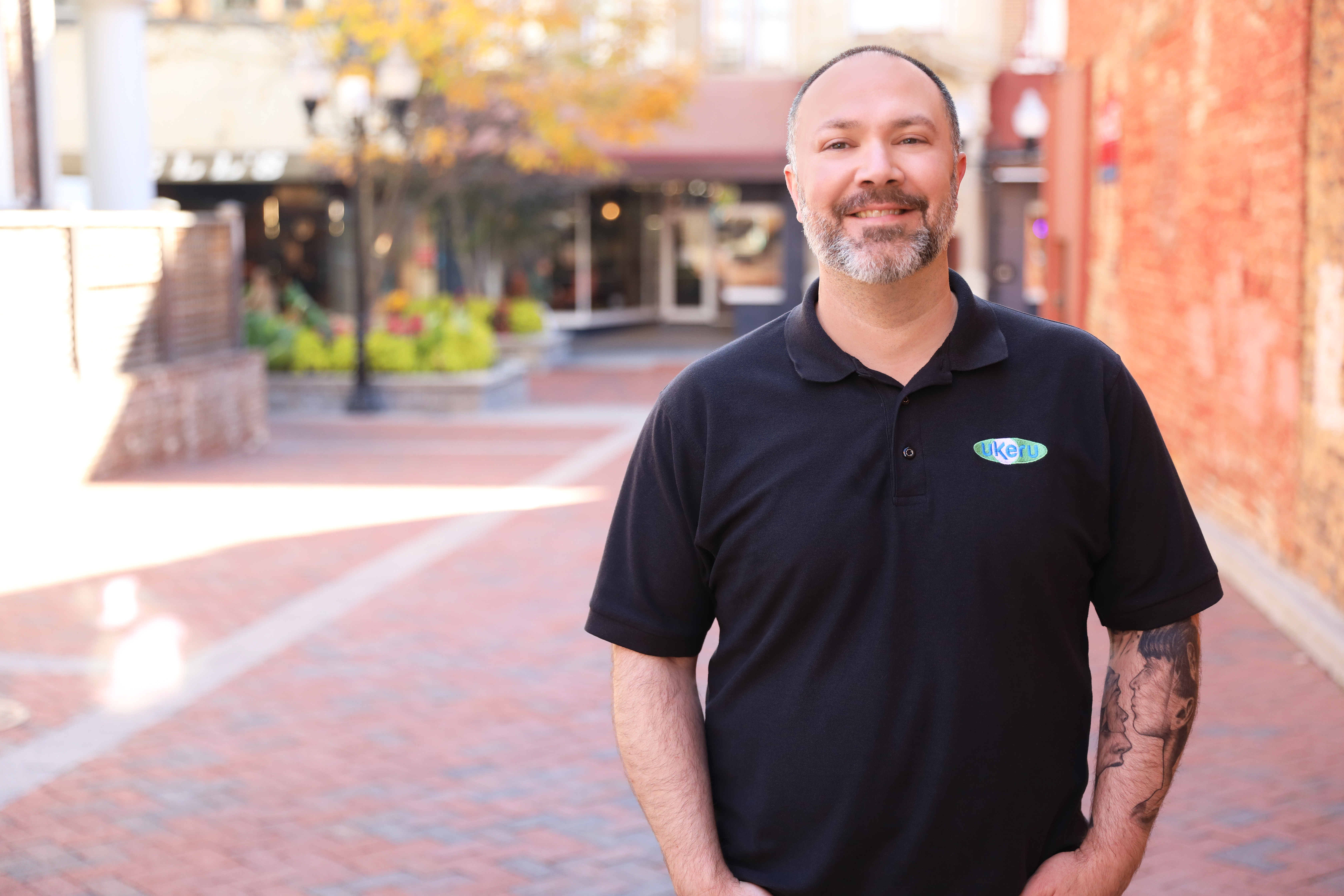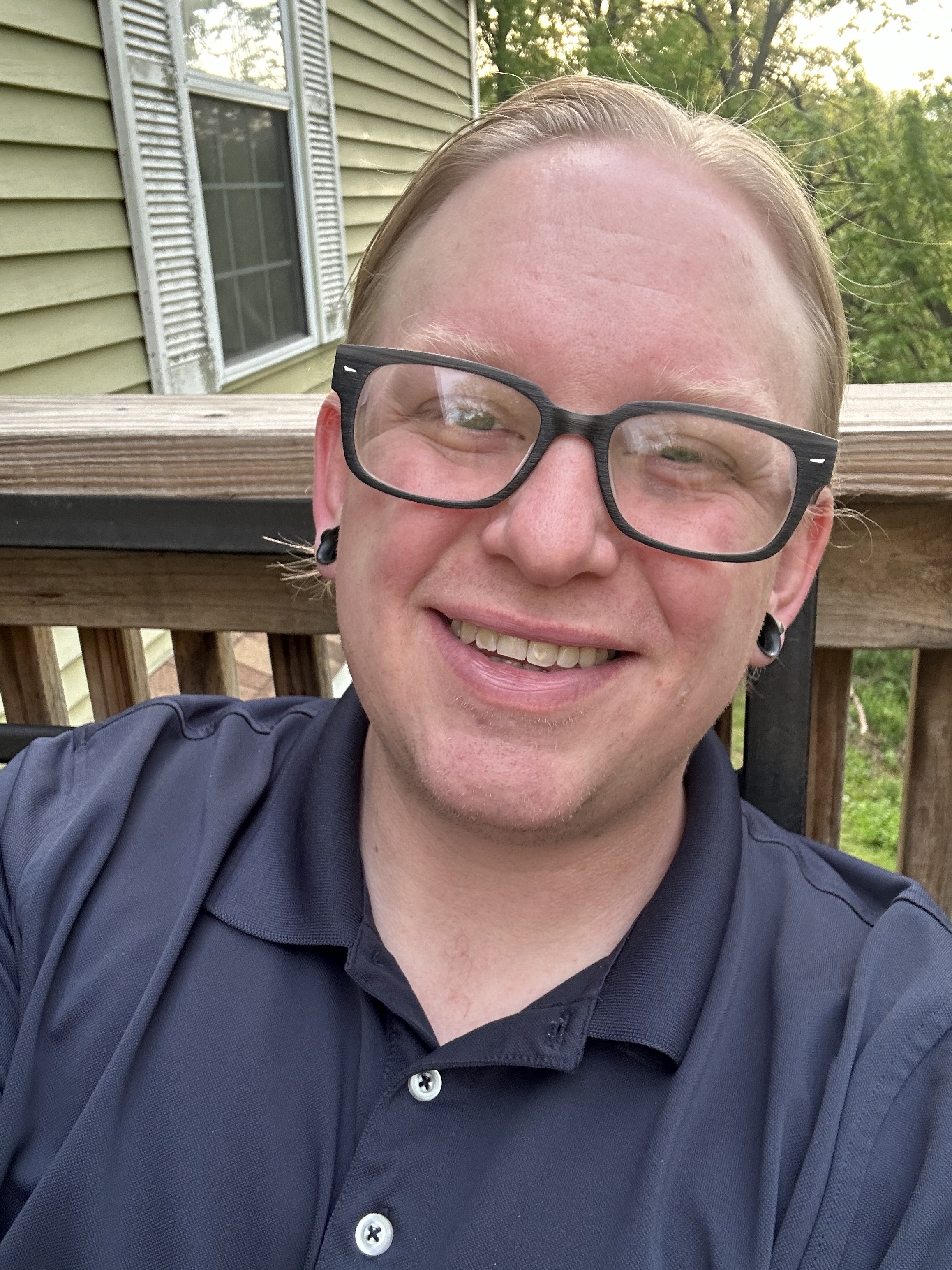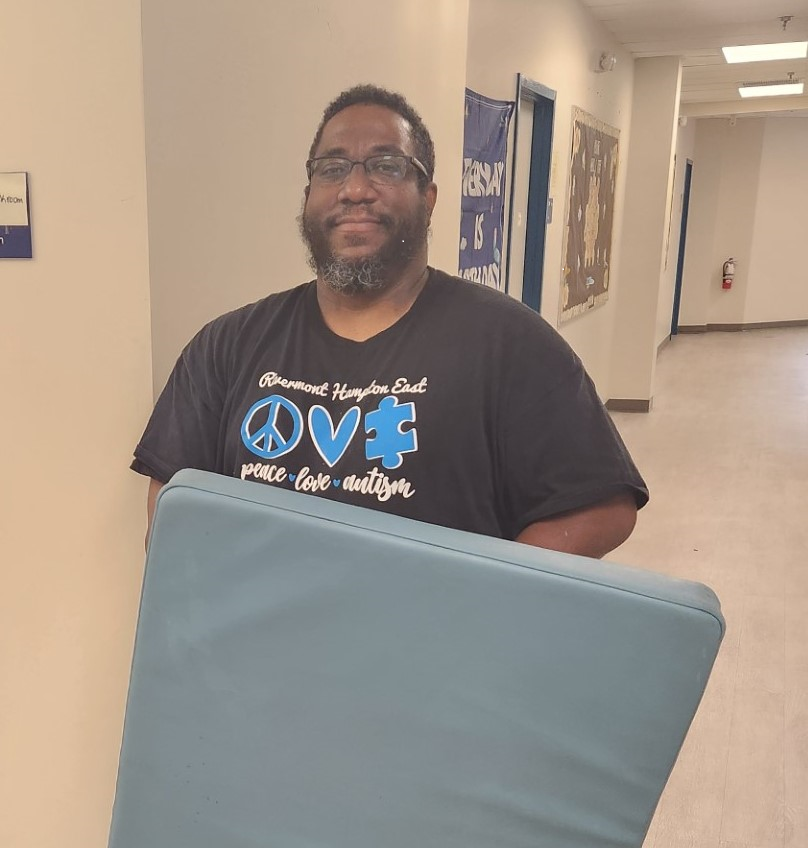
Q: How long have you been an Ukeru trainer?
A: I have been an Ukeru trainer for a little over a year.
Q: What population do you work with? What inspired you to get into this field?
A: I am a K-5 Behavioral Special Education teacher. I get to work with students ranging from Kindergarten to 5th Grade who require some sort of social emotional learning support and behavioral programming. I always loved the thought of teaching, but getting to be a student’s cheerleader when they need it most is what really led me to doing what I do. I get to work in a classroom where students who were once perceived as the “tough kids,” truly get a chance to shine. It’s a remarkable classroom setting to watch in action as students help support each other through their emotions, learn to give other kids’ space, and understand that tough days/tough moments do not have to define who we can become.
Q: What part of Ukeru do you enjoy teaching the most and why?
A: I think the most interesting and eye opening part of Ukeru is Section 3: Trauma & the Brain. This section does such an amazing job painting a picture of how deeply the brain affects each individuals’ behaviors. This section often leads people to better understand that students aren’t always being “naughty” and that their behaviors are in fact communicating something that we could help with. As Ross Greene says, “Kids do well if they can,” and I truly believe that.
Q: What would you say to someone who is unsure about using Ukeru?
A: To be honest, I was unsure of what Ukeru was all about. In my head, I had invisioned Ukeru as a training that encouraged people to come in using pads like a swat team approach to address student behaviors.
When I took the training, my entire perspective changed. The brain research that is shared, the trauma-informed approach, the alternative to having to use restraint (pads) and de-escalation strategies were so impactful. I learned that the pads were not used in a “swat team” like way, but rather they are there to protect everyone . They (receive) the communication in a safe way that often prevents any restraint being needed. I took the training, and was 100% on board with this being our new district training.
So in summary, it’s ok to have hesitations with new things. Ask questions and learn more before saying that it won’t work!
Q: What advice or tip would you give to a new Ukeru trainer?
A: Ukeru is a practice that can be embedded in everything you do. Know this- it can take time to transition other colleagues to a new approach and that is ok! Practice what Ukeru trains you to do and use it with fidelity and others will want to come along with you.
Also, know that not every incident will be easy. After you use different Ukeru strategies, take time to problem solve and debrief with the rest of your team about what you can do differently the next time. Team work is essential!
Q: How has Ukeru impacted your life?
A:Ukeru has prevented restraints/escorts, kept students and staff safe in numerous incidents, and has provide a trauma-informed training that teaches staff more about the “why” behind it all. Understanding the role the brain plays in all of this is essential.
Q: What is your favorite quote or a motto that you like to live by?
A: Favorite Ukeru Quote: We must use universal precautions when addressing all students. Meaning- we must treat all students as if they’ve experienced trauma.
Favorite quote: Never be too scared to ask. The worst thing anyone can ever tell you is “no.”
Q: What three words would you use to describe Ukeru?
A: Safe, Trauma-Informed, Empathetic




